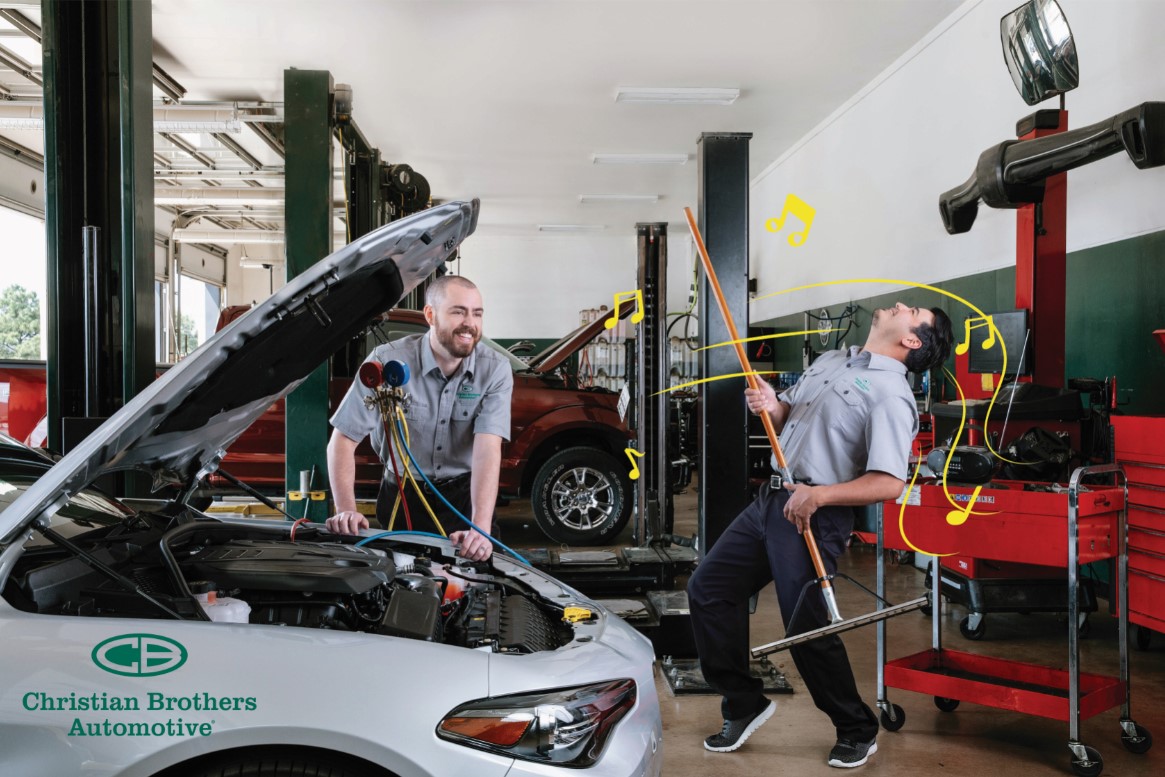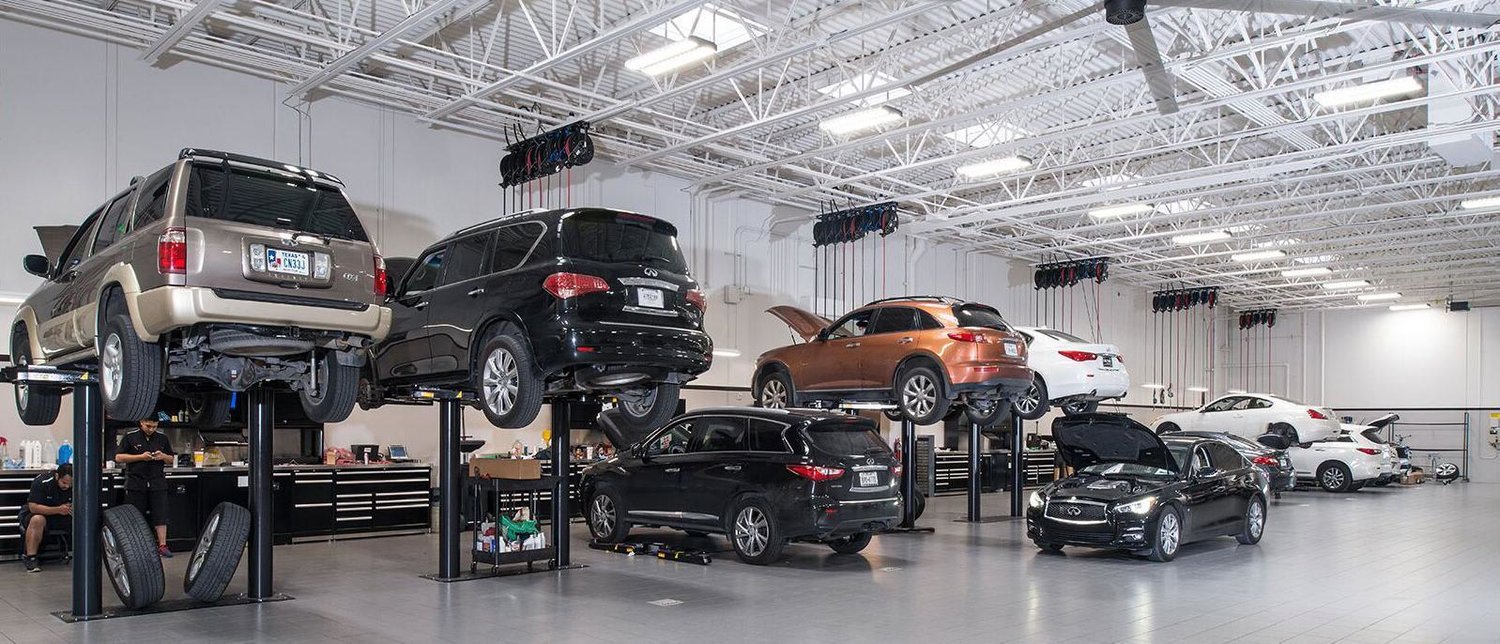All Categories
Featured
Your cars and truck is an important part of your day-to-day live, and taking great care of it makes sure that it serves you dependably for many years to find. While modern vehicles are designed to be long lasting, ignoring proper maintenance can result in unneeded breakdowns and pricey fixings. Here's exactly how you can keep your automobile running longer and in peak problem.
- Comply With Regular Maintenance. The foundation of a lasting automobile is regular maintenance. Follow your manufacturer's recommended maintenance timetable, which can normally be found in your car's proprietor's manual. Normal tasks like oil changes, tire turnings, and brake checks protect against wear and tear and maintain your car doing ideally.
Overlooking oil changes is among the quickest ways to damage your engine. Tidy oil ensures proper lubrication and stops overheating. Depending on your auto and driving practices, oil adjustments are normally required every 3,000 to 5,000 miles or as specified by the producer.
- Inspect and Restore Liquids. Your cars and truck relies upon a number of liquids to run efficiently. These include engine oil, transmission fluid, coolant, brake liquid, and power steering liquid. Reduced or unclean fluids can result in engine overheating, sliding gears, and brake failing.
Make it a routine to inspect fluid degrees consistently. If you notice a substantial decrease in fluid levels, it may suggest a leak that needs immediate interest. Keeping liquids tidy and at the right degrees ensures your car runs efficiently and stops pricey repair work.
- Watch on Your Tires. Tire upkeep is essential for both security and performance. Improperly inflated tires can reduce gas efficiency, create irregular wear, and enhance the danger of blowouts. Examine your tire stress monthly and guarantee it matches the supplier's recommendations.
Revolving your tires every 5,000 to 7,500 miles promotes even wear and expands their life-span. Additionally, evaluate your tires for any indicators of damage, such as cuts, protrudes, or reduced step depth, and replace them when required.
- Replace Worn Parts in a timely manner. Disregarding worn-out components can result in larger problems in the future. Failing to change a worn timing belt can result in engine failure. Likewise, worn brake pads can damage blades, bring about costly repair services.
Be positive regarding changing components such as trigger plugs, filters, and belts according to the manufacturer's standards. Using premium substitute parts makes sure far better efficiency and durability.
- Exercise Gentle Driving. The way you drive considerably affects the life expectancy of your car. Aggressive driving routines, such as quick velocity, unexpected braking, and tough cornering, placed extra stress and anxiety on the engine, brakes, and tires.
Rather, take on smooth driving techniques. Speed up slowly, preserve a stable rate, and brake delicately whenever feasible. This minimizes deterioration on your cars and truck's parts and boosts fuel efficiency.

- Shield Your Cars and truck's Exterior. Keeping your auto clean isn't almost looks-- it has to do with preventing damages. Dust, road salt, and crud can create rust and corrosion, especially in the undercarriage. Routine cleaning, especially during winter season or after driving on salted roads, is necessary.
Waxing your cars and truck every few months gives a safety layer versus environmental damage. Furthermore, park your car in a garage or use an automobile cover to protect it from severe weather condition and UV rays, which can fade the paint and damage the inside.
- Do Not Ignore Indication. Dashboard warning lights are your car's means of informing you something requires attention. Whether it's the check engine light, low oil stress, or tire stress caution, attending to these signals promptly can stop small issues from becoming major repairs.
If you observe unusual sounds, vibrations, or changes in your cars and truck's efficiency, do not ignore them. An expert auto mechanic can diagnose and fix the trouble before it escalates.
- Store Your Automobile Appropriately. If you're not using your car for an extensive period, proper storage is essential. Maintain your automobile in an amazing, dry location to shield it from weather damage. Utilize a battery tender to preserve the battery cost and add a gas stabilizer to stop the gas from weakening.

Starting the cars and truck occasionally or taking it for a brief drive can keep all systems in working order and avoid parts from seizing up.
Verdict: Consistency Is Trick. Keeping your car running longer doesn't call for complicated steps-- just consistency and focus to detail. Treat your automobile with care, and it will award you with integrity, better efficiency, and years of reliable solution.
Latest Posts
The Deauville Inn: A Bayside Tradition
Emphasizing Top Quality and Long-Term Worth
Full Circle Strategic Marketing - Modern Website Design That Turns Clicks into Sales